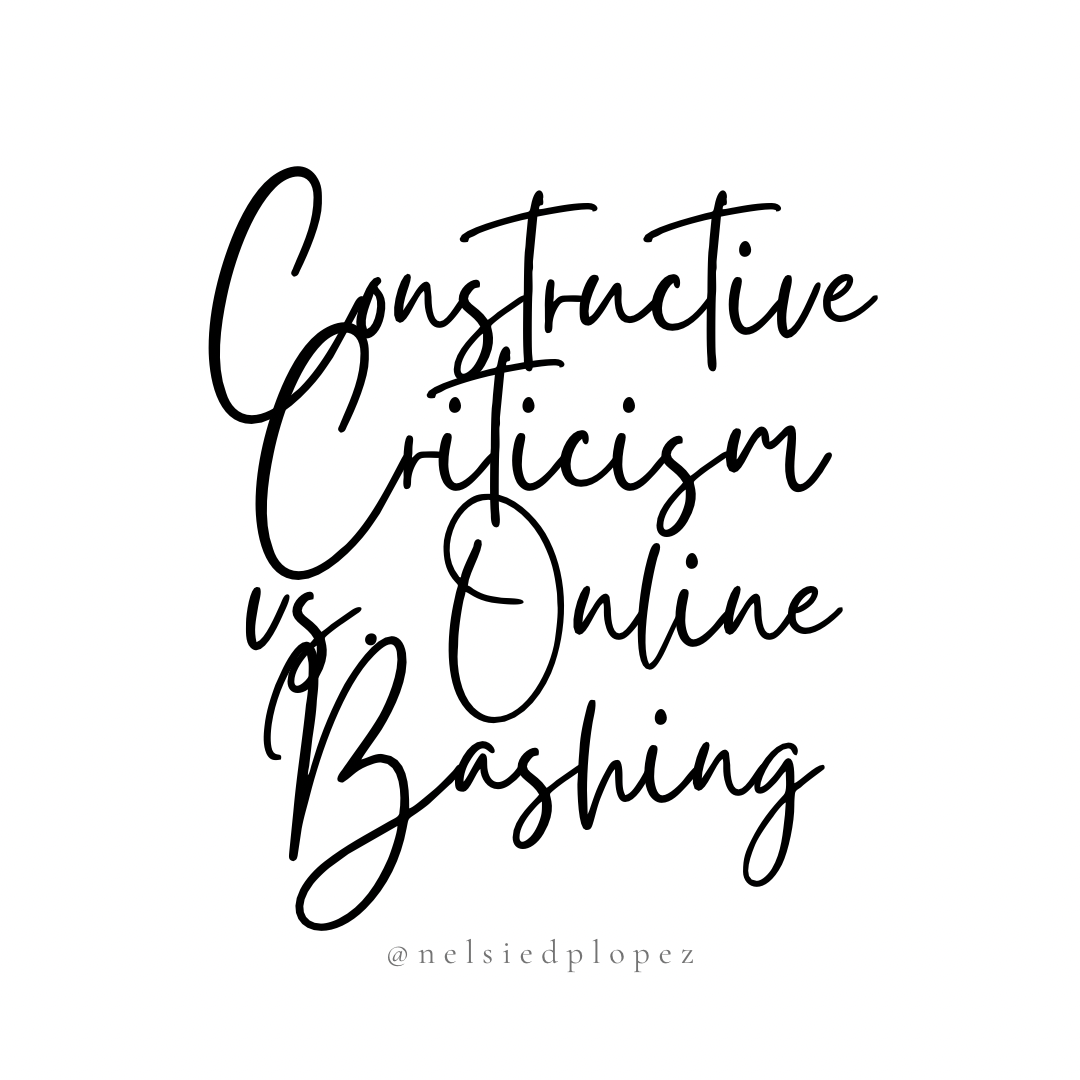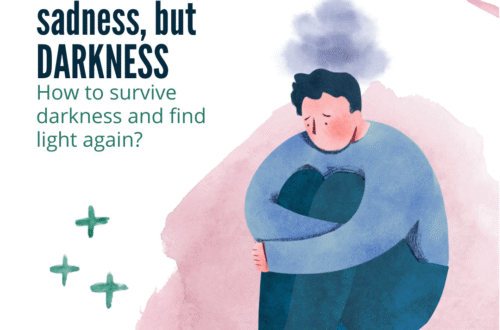
When Going Viral Hurts: How I Handled a Backlash on Social Media
In today’s digital age, we’re all just one comment away from going viral for better or worse reasons.
Recently, I made a public comment on a social media post shared by the wife of a vice governor in my hometown. The post showcased her husband helping flood victims. While I appreciated the effort, I felt the response was merely a band-aid solution to a much deeper problem. So, I commented impulsively and harshly.
It could have been a productive conversation, but my comment was met with correction, sarcasm, and eventually, ridicule. People began screenshotting my profile—highlighting the Bible verse I proudly display—and turning it against me. The dialogue turned toxic fast.
I initially stood firm. I believed my criticism had value. But as the attacks grew personal, I realized this wasn’t a safe or constructive space anymore. I feared for my family’s peace and safety. And so, I made the hard choice to delete my comment.
Not because I was ashamed of what I believed in—but because protecting my peace was more important than winning an argument.
💡 What I Learned About Criticism and Social Media
Here are some insights I gained from this experience that might help others navigate difficult online conversations:
1. Speak the Truth in Love
We can be critical without being cruel. Tone matters. When we lead with empathy, even hard truths are easier to receive.
2. Constructive Criticism > Public Shaming
Want change? Offer solutions. Ask better questions. Instead of saying, “This is useless,” say, “How can this be sustained in the long term?”
3. Choose Calm Over Conflict
It’s tempting to reply with fire, especially when we feel attacked. But a calm, respectful tone diffuses tension and invites real discussion.
4. Remember: Everyone’s Watching
Your online presence matters. What you post reflects your values—even in conflict. If you stand for truth and compassion, show it through how you engage.
5. Protect Your Peace
Sometimes, the wisest choice is to disengage. Not out of defeat—but as an act of maturity and emotional self-care.
🤝 How to Criticize Politicians and Influencers Ethically
If you want to hold public figures accountable without contributing to toxic discourse, here are some tips:
- ✅ Use facts, not attacks
- ✅ Be specific about what you’re calling out
- ✅ Offer solutions or ask meaningful questions
- ✅ Avoid sarcasm and name-calling
- ✅ Understand the difference between accountability and shaming
💬 Final Thought
I still believe we should hold our leaders to higher standards. But now, I know that how we express that matters just as much as what we say. Constructive criticism should build bridges, not burn them.
If you’ve ever deleted a comment to protect your peace, you’re not alone. Let’s continue to speak out, but let’s also lead with grace.



